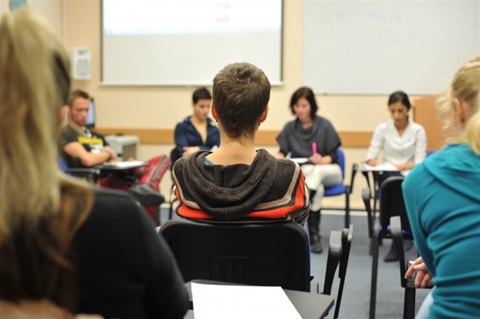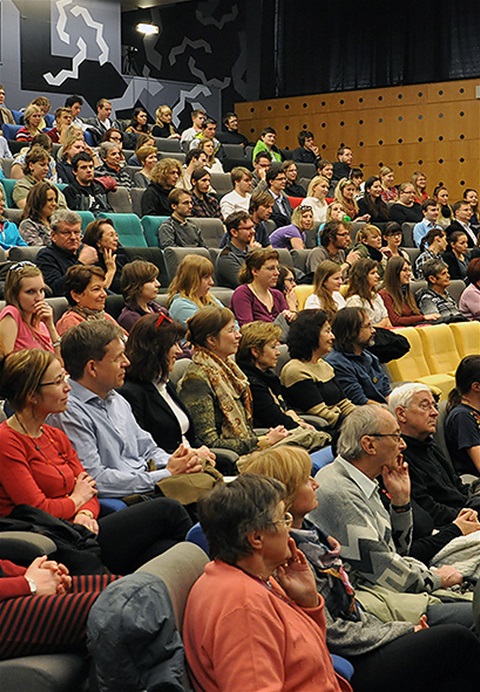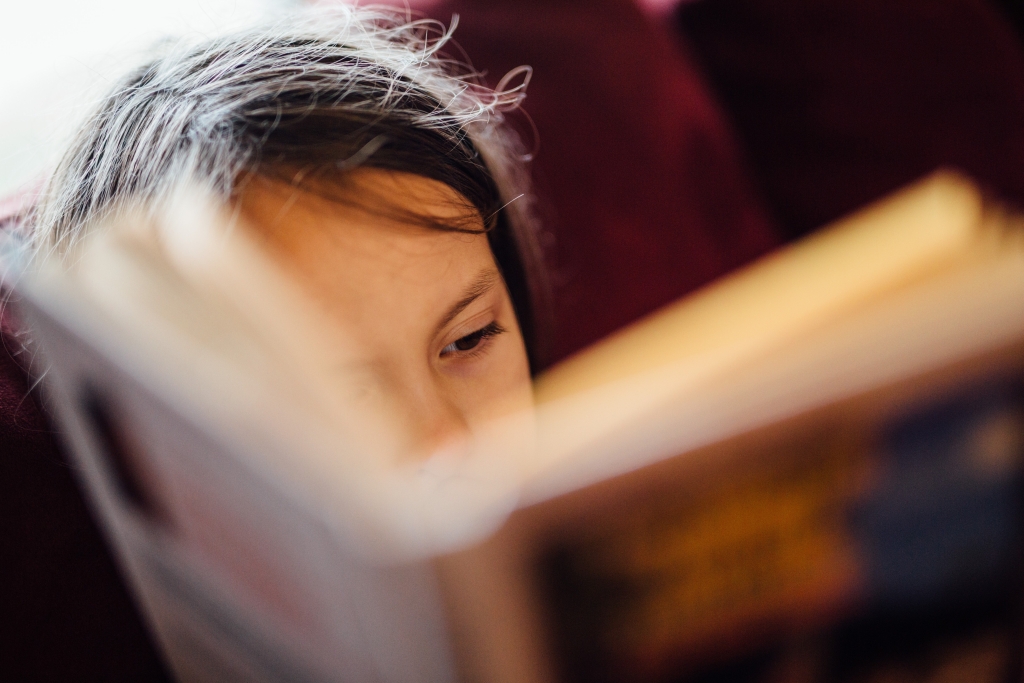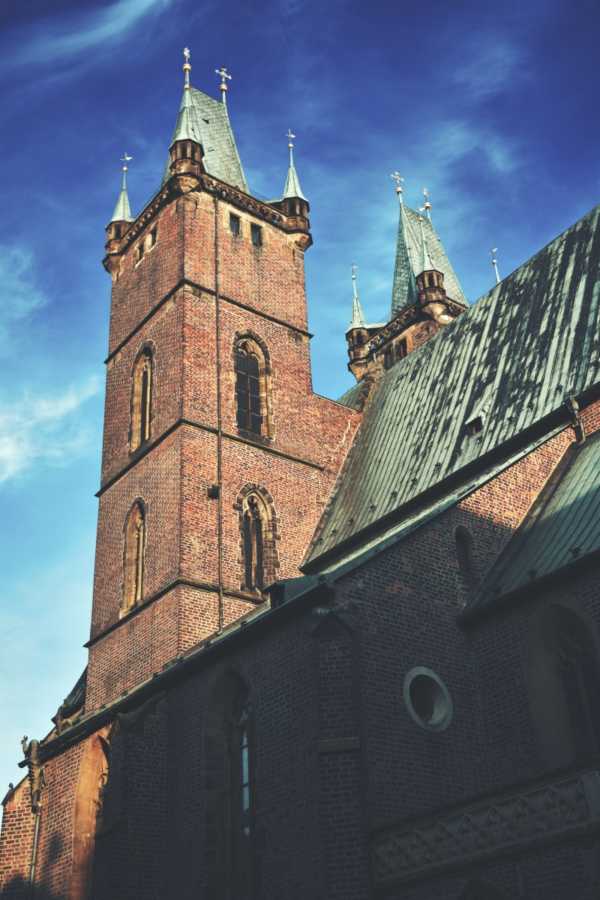Study
About the Bachelor Study

The Degree
The basic pillar of the curriculum is the theory of culture and its main segments (family and kinship relations, social, legal, economic and political systems, nations and nationalities). The other two areas of study cover philosophical and ethical topics (eg. history of philosophy, philosophy of man, world religions and interreligious dialogue, migration ethics, bioethics, political and social ethics).
The curriculum is augmented by practical areas of study (eg. practical application of transcultural communication and development of personal and communication skills). Further information about the subjects available here.

Objectives of the Study
At present, the fundamental values of Western civilization are being questioned and confronted by value systems from other cultures. This is a situation that demands transcultural communication emphasizing a proactive approach, and seeking a common language transcending many levels of cultural difference. This communication is based on assumptions that are inherent in all cultures simultaneously. The challenge of transcultural communication is not to create a universal culture, but to facilitate a dialogue that transcends the boundaries of ethnicity, religion, race, sex and social class. Transculturality, therefore, is the dialogue “in spite of” culture. This means that despite our differences, we can communicate together.
A prerequisite of this dialogue is respect for cultural differences and their variety. On the one hand it is necessary to avoid ethnocentrism. On the other hand, we need to embrace this attitude of cultural relativism without giving up our own cultural consciousness. Moreover, we should recognize basic ethical principles that are widely shared in spite of cultural differences.
The above approach can succeed where the participants are to some extent identified with their own culture, while still ready to share and be enriched by the cultures of others. Rather than passively accepting multicultural differences, it is our aim to actively seek them out and embrace them.
Further information about the skills and employment of the graduate here.

Admission Procedure
Application deadline is (usually) 31th March (for starting studies in September) – yet let us know even later.
Applicants have to send: (1) filled-in application form (in the attachment), (2) a copy of their certificate of completing the secondary-level of education translated into English and verified by a notary, (3) a letter of motivation in English declaring interest in studying the particular study discipline/study programme (3600 letters).
The extent and contents of the entrance examination: A written letter of motivation is required, no additional entrance tests will be administered, no oral examination. Further information is available here.
Please feel free to contact Petr Macek, Ph.D. (petr.macek@uhk.cz), our contact persons for English transcultural study programme.

Admission requirements
Applicants must have completed secondary school studies (it is necessary to provide a certificate translated into English and verified by a notary to prove that).
Applicants are supposed to present their interest in studying in the Czech Republic as well as their professional interest in Transcultural Communication in particular in a letter of motivation. Following questions are supposed to be mentioned: (1) Why do I want to go to study to Czech Republic? (2) Why do I want to go to study Transcultural Communication? (3) What do I expect from the Studies?
The evaluation of the results of the entrance examination is expressed quantitatively by using the point evaluation.
Hradec Králové and its Surroundings

It would be hard to find someone who would doubt the fact that Hradec Králové is really a good place to live and study. This ancient human settlement at the confluence of the rivers Elbe and Orlice has over the centuries evolved into a beautiful and pleasant town with a historical center, lots of modern architecture, as well as green and pleasant residential areas. Not without reason Hradec had already in the interwar period earned the designation of Salon Republic and is still a regular winner of the site for the highest quality of life in the Czech Republic.
Excellent urban planning – including a renowned teaching hospital – not to mention basically hassle-free transportation around the city are not the only arguments in favor of Hradec Králové. Also worth mentioning is that two of the three top naturally beautiful sites currently listed in the Czech Republic are to be found close by. By these we mean the Czech Paradise and Giant Mountain (the third jewel is Šumava on the Czech- Bavarian border).
If you, in the flatlands of Hradec Králové, miss mountains or hilly towns, you can easily go for one or more days trip. The further bonuses of Hradec Králové still worth mentioning include the Klicpera´s theater, the unique Kotěra´s museum and plenty of sporting opportunities and activities, including the presence in the city of of the Extra Liga hockey club.
A vibrant cultural religious, sports and academic life in HradecKrálové combine with relative calm and a pleasant environment for everyone and you can walk anywhere. However even old Cicero`s maxim Variatio Delecta or ‘variety is the spice of life’ may one day capture you and diversion for a time may attract you and you may find it in nearby Pardubice or go west to just 100 km distant Prague.
Rest assured though that wherever you go, our town in the heart of Europe will remain always with you.